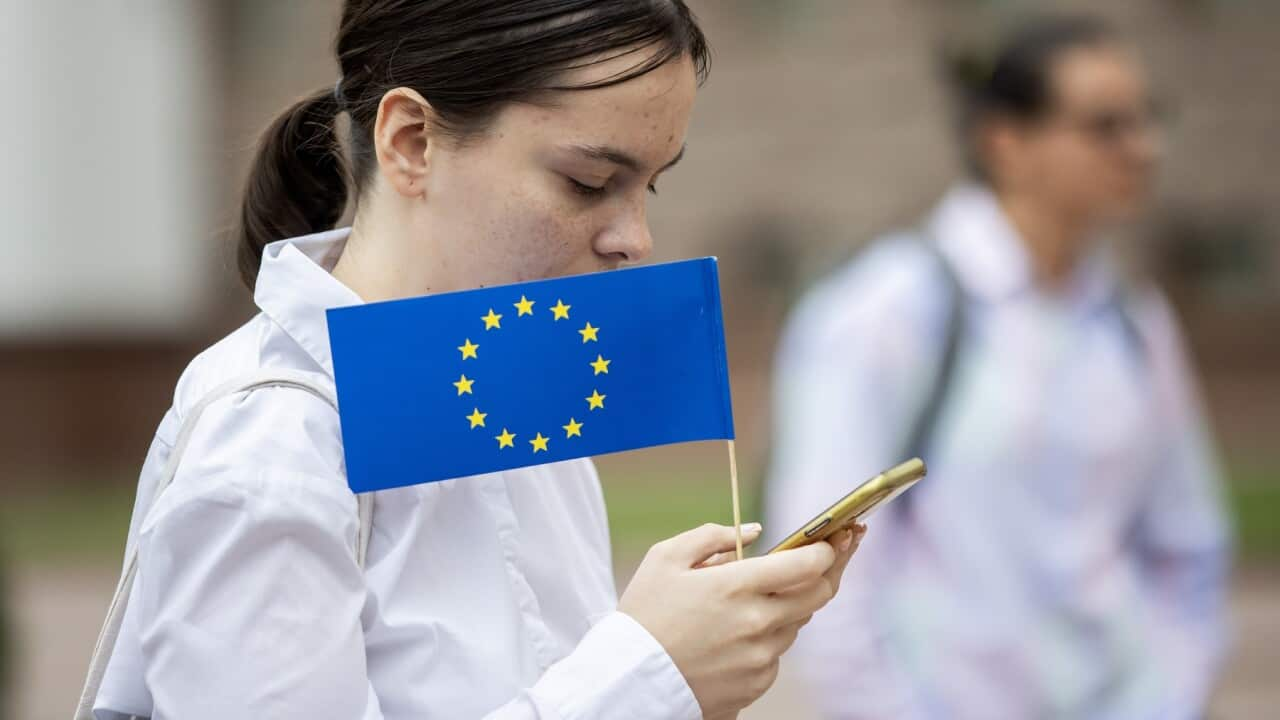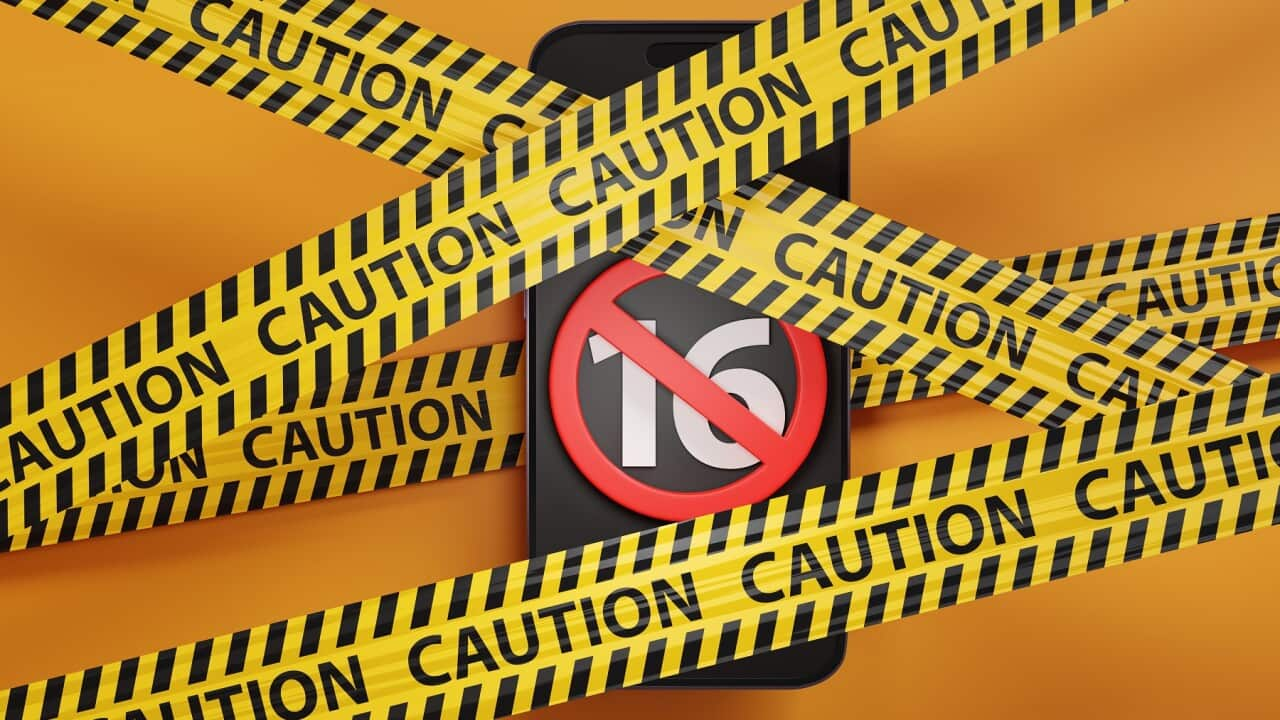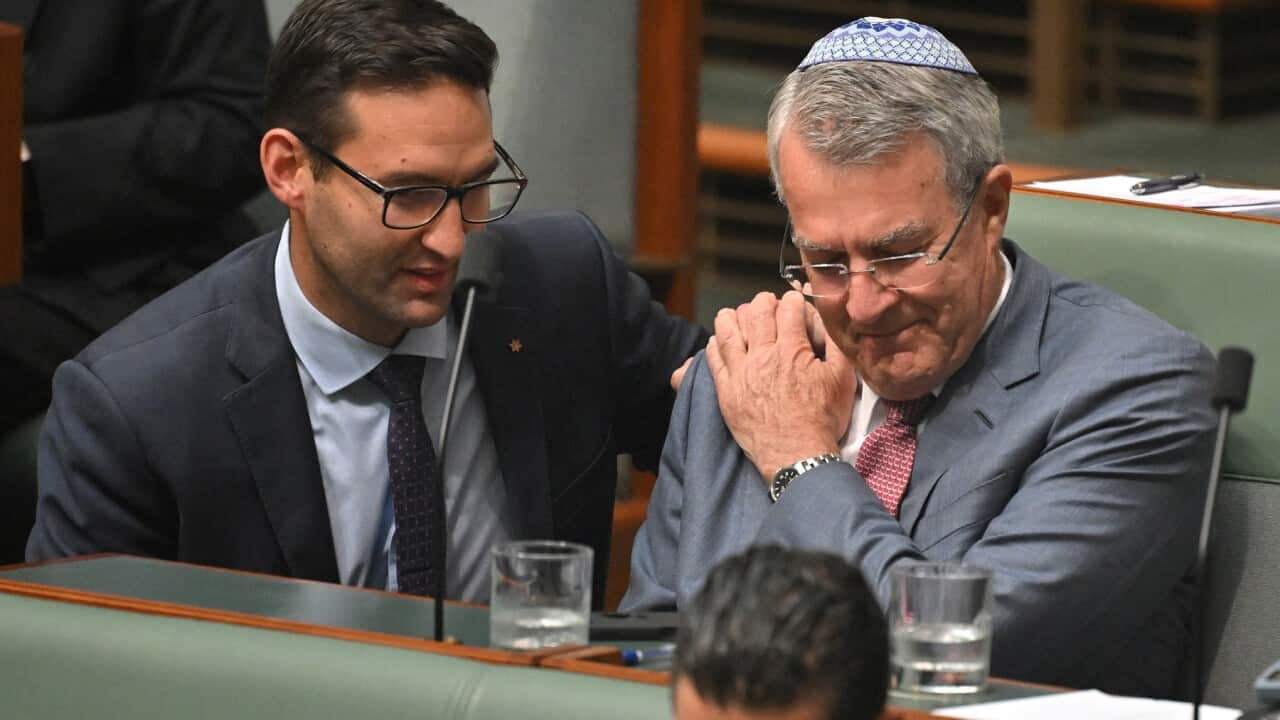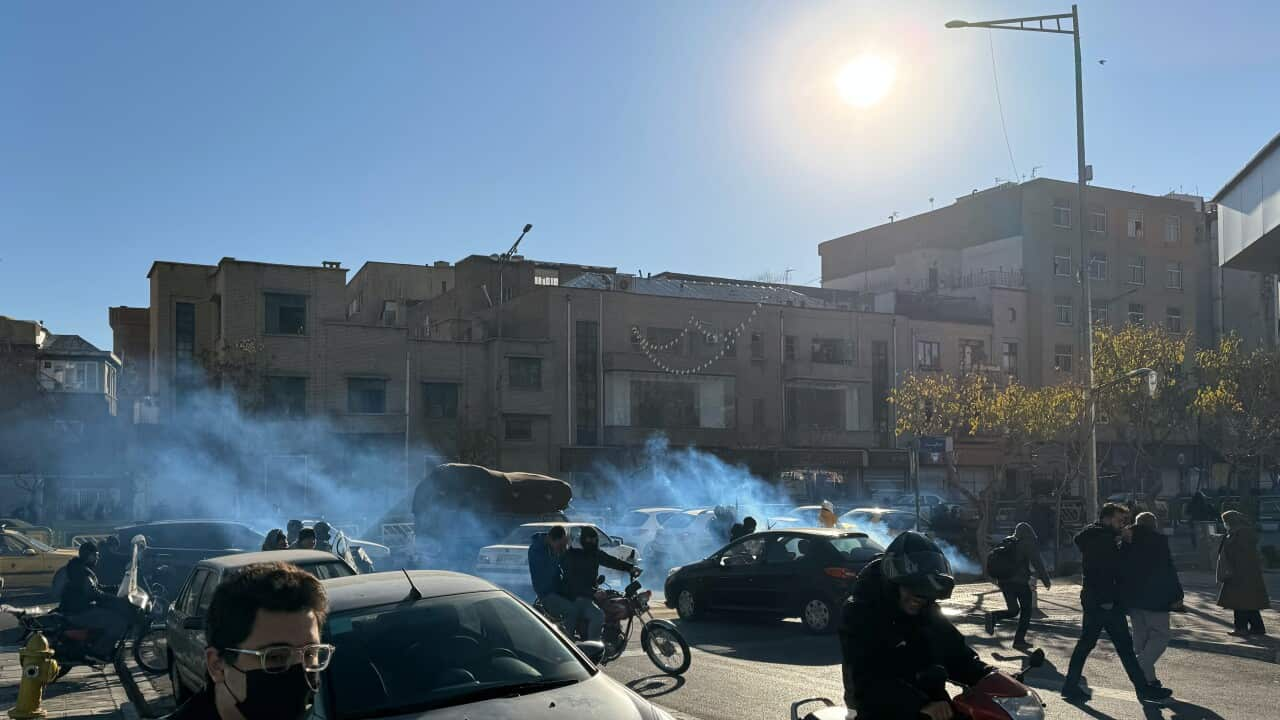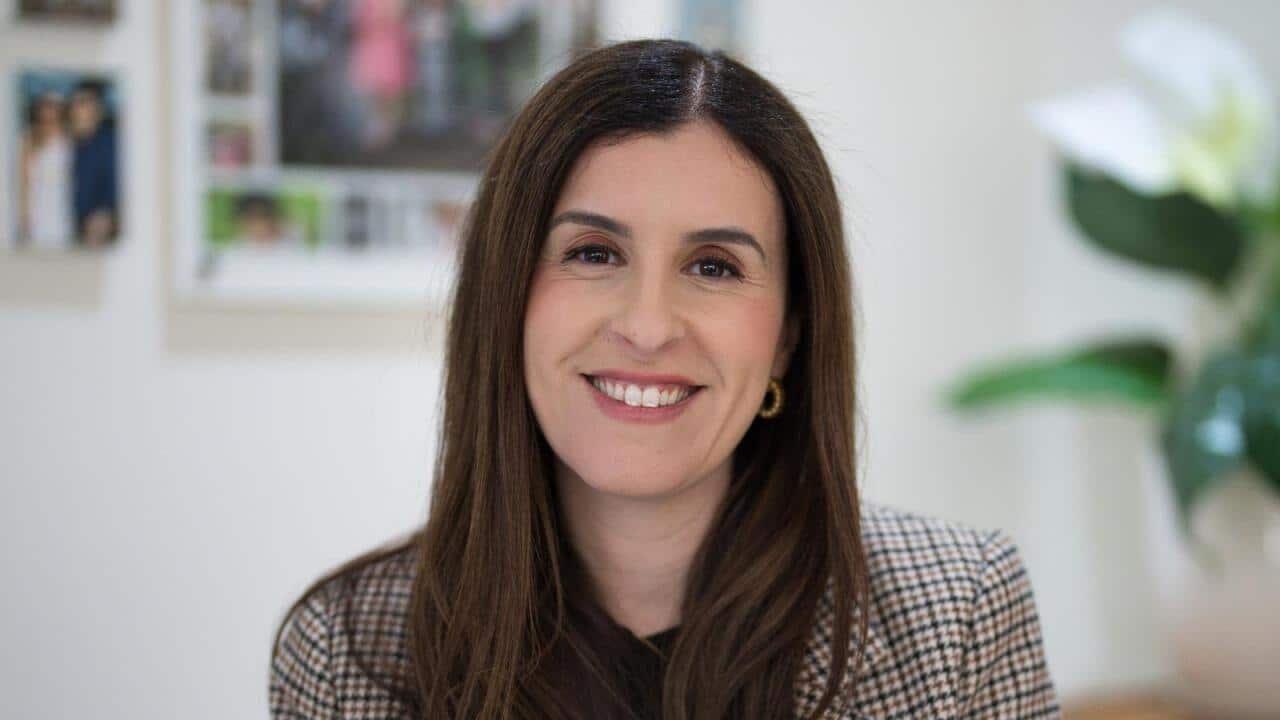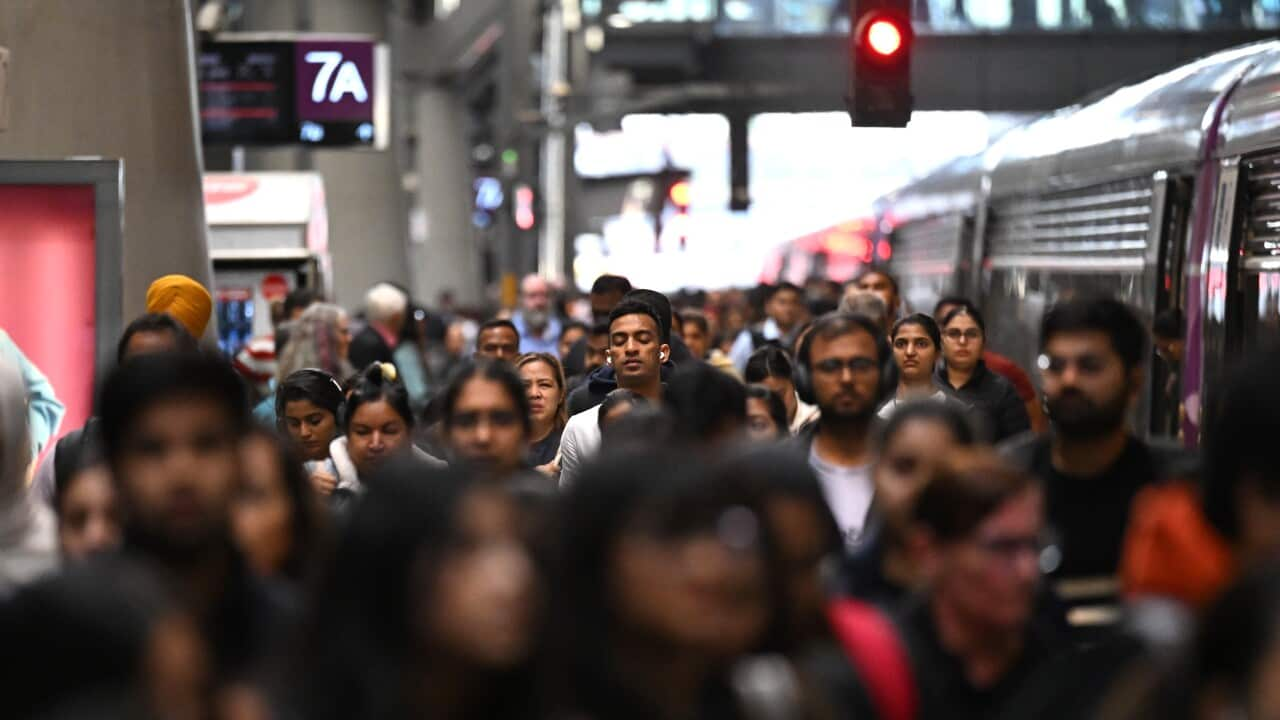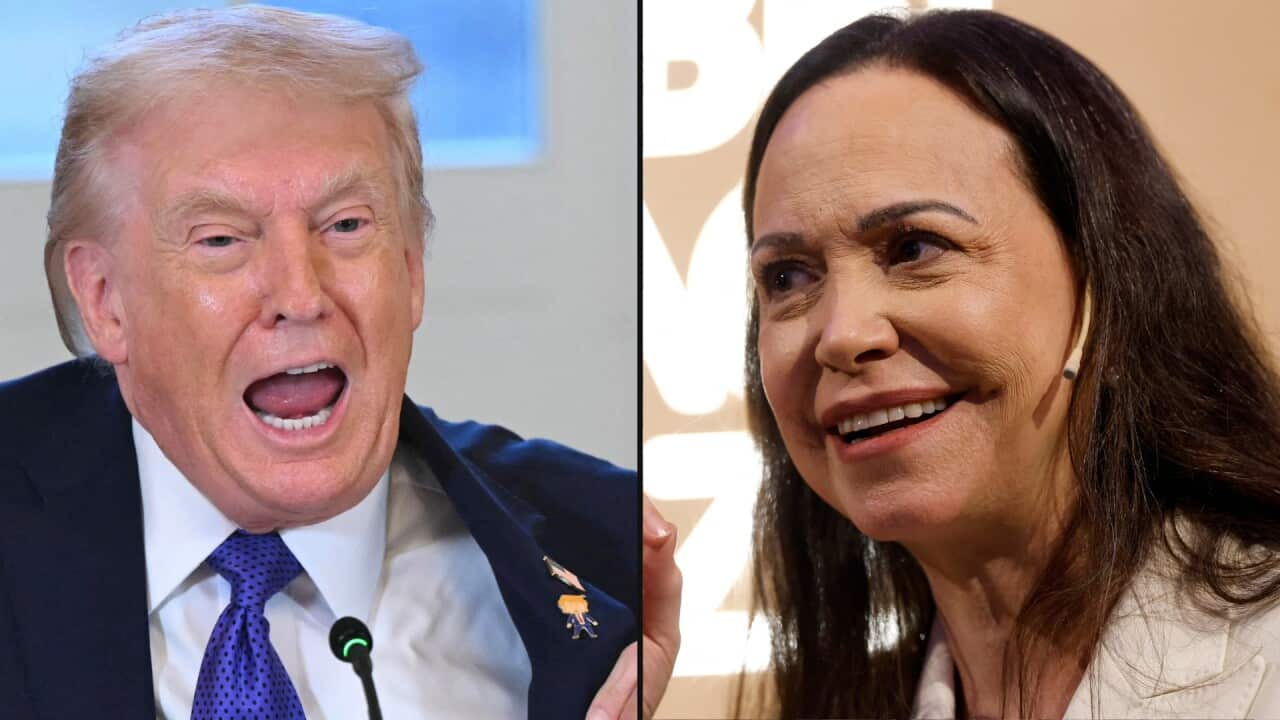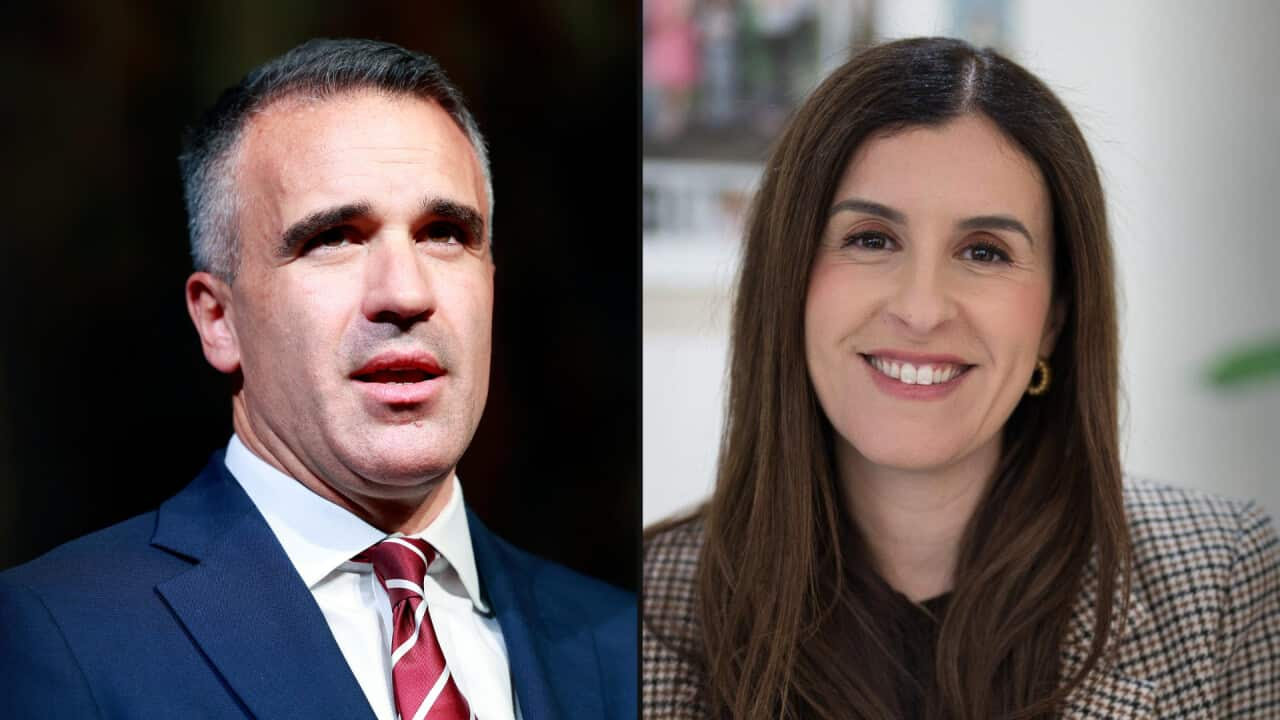Produced in collaboration with SBS French and SBS Greek.
TRANSCRIPT
In 27 countries, voters will head to the polls between June the 6th and 9th to choose the next European Parliament.
The winning 720 politicians will have an important role running the European Union, working on laws ranging from emissions targets to bank rules.
Europeans living in Australia are being encouraged to vote - and reminded of how European Union decisions affect Australia.
EU Ambassador to Australia Gabriele Visentin explains the role Australia plays in the election.
'It'll be a key election, and I am not saying for whom they have to vote, but they have to vote because there are parties or political factions that are at the same time, anti-EU, a little bit pro-Russia, and this is something that might have a big impact as well for Australia and the Indo-Pacific region. I mean, the world is united. The geopolitical tensions are everywhere, and there are clear links between what can happen in Europe and what can happen here in this region. So securing your vote for the European Parliament will have effects on Australia and its region as well."
The European Elections are one of the world's biggest democratic events and the only multinational election around the world.
They're held every five years, with millions of Europeans deciding the future of the European Union.
Each EU country decides the date or dates between the 6th and 9th when the vote will take place and people are being urged to contact their embassy for information related to their relevant country.
It's especially significant this year for Greek citizens living in Australia, with a postal vote being offered for the first time.
But despite there being over 92,000 (92,314) people born in Greece living in Australia according to the 2021 Census, only 835 have registered to vote in the Oceania region.
Greece's government spokesman Pavlos Marinakis has defended the low numbers, saying the current government has allowed expatriates in more than 80 countries who couldn't vote under the previous government to vote in this election.
"By nature - unfortunately I will say, but this is the reality and we are trying with actions to tackle this phenomenon - the European elections have had a much higher abstention since they were first held in Greece, until today. In fact, we have an additional risk that we will face in the upcoming European elections of June 9, 2024, that they are the first European elections since 2009, which in our country take place without local elections being held at the same time. In 2014 and 2019 we also had local elections. One more reason to mobilize. But let's take things from the beginning. Let me remind you that this Government was the first in the past four years to raise the issue of the vote of the Greek expatriates."
The first crucial job of the newly-elected Parliament will be to approve or reject the 27 people who will run the EU for the next five years.
That will mean approving the president of the European Commission, currently being Germany’s Ursula von der Leyen, who is seeking a second term.
Far-right parties are becoming increasingly popular in much of Europe, winning elections in Italy and the Netherlands and leading the polls in France, Austria and Belgium.
It's expected there will be a political shift to the right, meaning the next five years could see a movement away from the EU’s environmental priorities toward more support for manufacturing, security and agriculture.
But Director of the EU Centre of Excellence at RMIT University, Bruce Wilson, says he doesn't think it will have a large effect on policy.
"Certainly all the indications are that the vote for parties on the right will increase. Will it increase to the point where it has a significant impact in European politics? I don't think so. We expect that the control of the European Parliament and hence of the European project will firmly remain in the hands of the centre right and the centre left as it has throughout the whole life of the EU until now, as they do at the present time, they will probably rely on a third source of support. It is at the present time the liberals, it will probably still be the liberals but in a reduced level than they have at the present time."
So how might Australia be affected?
Australia and the EU work together on a wide range of global issues, including climate and energy, human rights, gender equality and cyber issues.
The Union is a significant provider of development assistance to the Pacific and South East Asia.
In 2022, the 27 members of the EU bloc constituted Australia's third-largest trading partner and second-largest source of foreign investment stock.
But negotiations over fair trade between the two have been stalled since 2023.
Professor Wilson says the Australian government expects those trade negotiations to resume, but probably not until after the 2025 Australian election.
"From an EU perspective, they were very, very disappointed at the way in which Australia ended the negotiations last year. They felt that it was based on a misunderstanding would be the polite way to put it, and the negotiators themselves felt that they were very close to an agreement. The response of the Australian government suggests that there are some domestic issues that are still at play that are in the way from the point of the EU. Their negotiators would return to the table tomorrow in some confidence that a deal is very close. So the ball is really in the hands at the present time of the Australian government and possibly after the June elections. Something could happen before the end of the year."
Overall, EU representatives in Australia, like Gabriele Visentin, say although it's not mandatory to vote, it's more important than ever this year to do so.
"I think to vote is not just a right, it is a duty. Here in Australia, (voting) is formalised as a duty. You're obliged to vote. It's a compulsory voting, obligatory voting. In Europe, it's obligatory only in a couple of countries, not in all, but I think that it's a moral duty for the citizens to vote. I mean, when you have your freedom, you have your liberties, you live in a democracy, you should not (take) it for granted. You have to say, let's say fight for your rights here. It's not a fight here. It's simply go and vote. It's exercise your power to vote, and while voting, you will give more strength to the democratic system you're part of. If you don't vote, you make it weaker."
